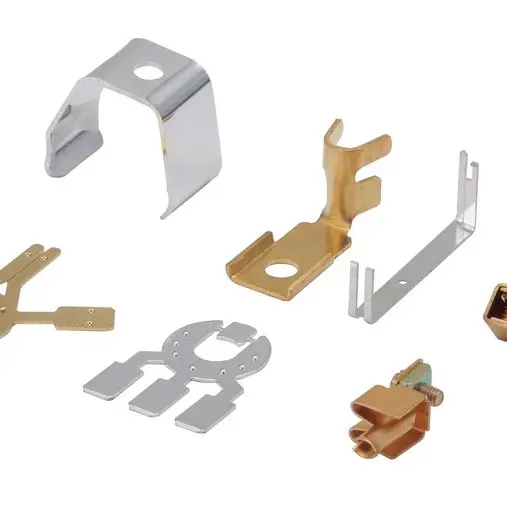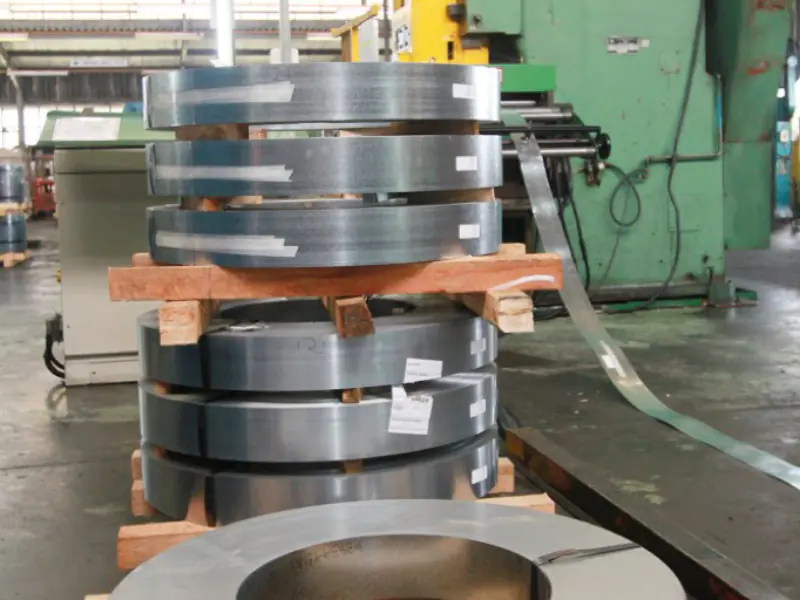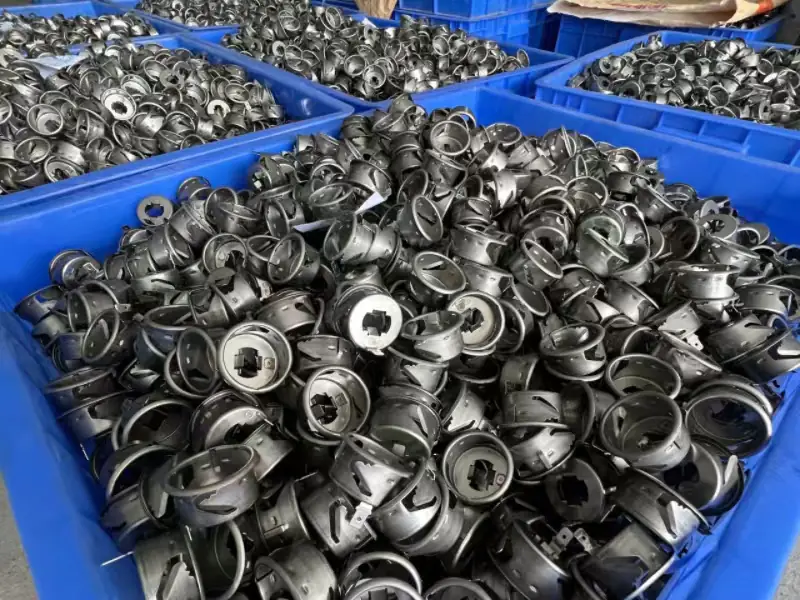-
No.66 Gaojia, Xingfu Village, Sanqi Town, Yuyao, Ningbo,China

The Complete Guide to Different Types of Washers: Everything You Need to Know
Understanding washers is crucial for anyone working with fasteners or mechanical assemblies. This comprehensive guide explores the various types of washers, their specific applications, and how to choose the right one for your needs. Whether you’re a DIY enthusiast or a professional engineer, this article will help you make informed decisions about washer selection and usage.

Various types of washers and fasteners
What Are Washers and Why Are They Important?
Washers are essential components in mechanical assemblies that serve multiple purposes. These flat, disc-shaped pieces typically feature a hole in the center and are designed to:
- Distribute load across a larger surface area
- Prevent damage to the joined materials
- Lock fasteners in place
- Provide spacing between components
Learn more about our fastener solutions
What Are the Three Main Types of Washers?
The three fundamental categories of washers include:
- Plain Washers (Flat Washers)
- Most common type
- Even load distribution
- Simple design
- Spring Washers
- Provide tension
- Prevent loosening
- Absorb shock
- Lock Washers
- Secure fasteners
- Prevent rotation
- Various locking mechanisms

How Do Lock Washers Prevent Loosening?
Lock washers are specifically designed to maintain fastener tension through various mechanisms:
| Type | Mechanism | Best Use Case |
|---|---|---|
| Split Lock | Spring tension | Vibration resistance |
| Internal Tooth | Biting action | Soft materials |
| External Tooth | Surface grip | Metal surfaces |
Explore our metal stamping capabilities
What Materials Are Washers Made From?
Washers are made from various materials to suit different applications:
- Steel washers for general use
- Stainless steel for corrosion resistance
- Plastic washers for electrical isolation
- Rubber washers for sealing
- Titanium for lightweight strength
How Do You Choose the Right Washer Size?
Selecting the suitable washer depends on several factors:
- Bolt Size Compatibility
- Inner diameter must match bolt
- Outer diameter for load distribution
- Load Requirements
- Material thickness
- Surface area needed
- Application Specific Needs
- Environmental conditions
- Safety requirements

What Are Specialized Washers Used For?
Different washer types serve specific purposes:
- Fender Washers: Large outer diameter for load spreading
- Wave Washers: Provide spring tension
- Spherical Washers: Allow angular misalignment
- Countersunk Washers: Flush mounting
How Do Spring Washers Work?
Spring washers employ various designs to provide tension:
- Wave spring washers create axial force
- Belleville washers offer high load capacity
- Split lock washers provide constant pressure
What Are Common Washer Applications?
Washers are commonly used in:
- Automotive assembly
- Construction projects
- Electrical installations
- Plumbing systems
- Machinery maintenance

How Do You Maintain Proper Washer Installation?
Best practices for washer installation include:
- Proper Orientation
- Curved side up for spring washers
- Teeth against surface for lock washers
- Surface Preparation
- Clean contact surfaces
- Check for damage
- Torque Specifications
- Follow manufacturer guidelines
- Use calibrated tools
Key Takeaways: • Choose washers based on specific application needs • Consider material compatibility and environmental factors • Ensure proper size and type selection • Follow correct installation procedures • Regular maintenance and inspection are essential




